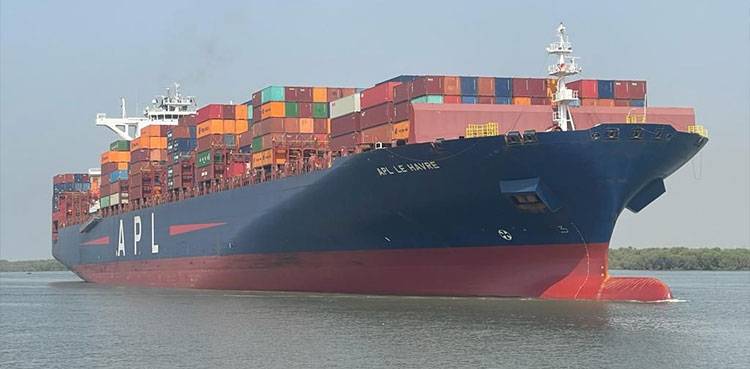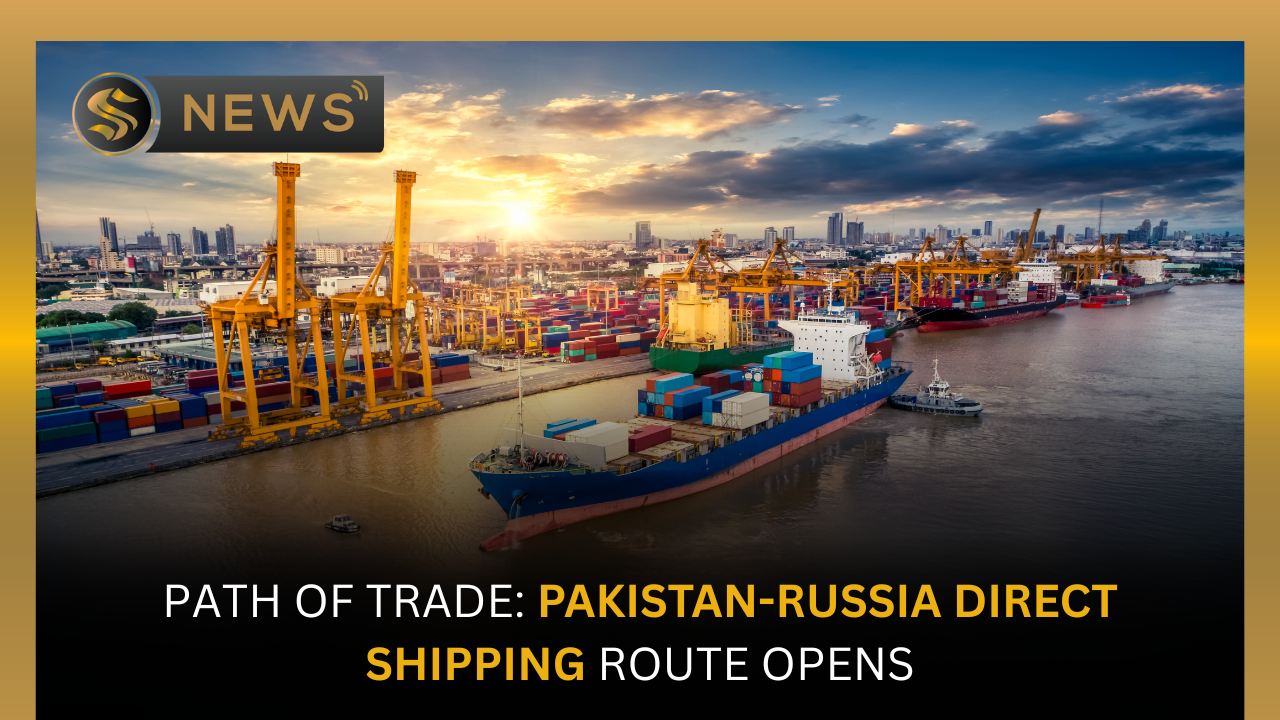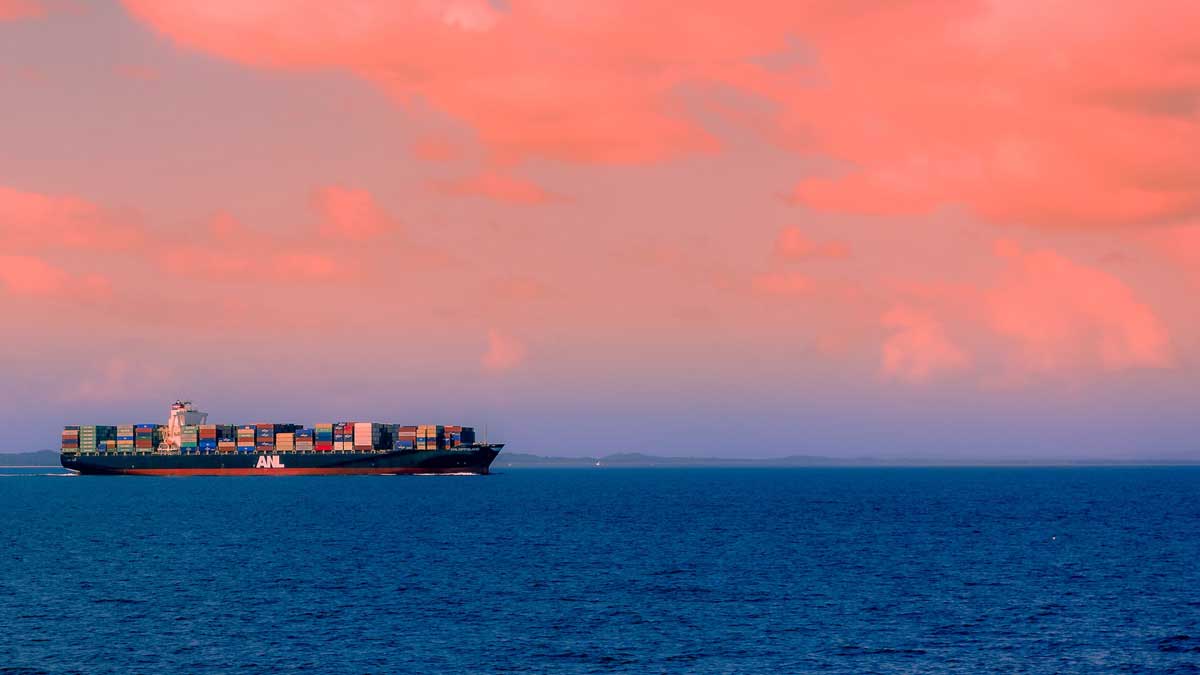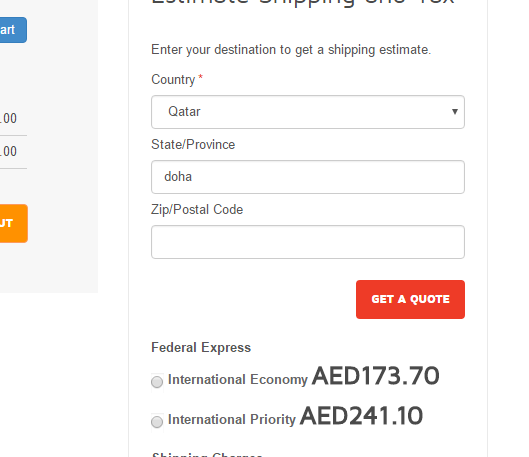Pakistan's Cargo Ship Armada: A Glimpse into the Nation's Seafaring Might

Source: timesofislamabad.com
"A journey of a thousand miles begins with a single step." This proverb perfectly embodies Pakistan's evolving maritime industry, a story of gradual progress and considerable potential. How many cargo ships does Pakistan currently possess? That's a question I've been pondering, and I want to share what I've unearthed.
A Floating Picture of Pakistan's Trade

Source: timesofislamabad.com
Pakistan, with its strategic location on the Arabian Sea, has always had a maritime connection, transporting goods across oceans (like we do with sending our parcels or gifts through post offices). This trade relies heavily on cargo ships, the unsung heroes of international commerce. These ships are vessels of hope, bringing our products around the world. Thinking about it, I imagine countless cargo ships coming to our port, carrying clothes, and food items; some large container ships, some smaller vessels. This shows how the sea and trading industries are connected; one needs the other.

Source: sapphireassociate.com
Unveiling the Cargo Ship Numbers
Knowing precisely how many cargo ships belong to Pakistan is like finding a needle in a haystack (difficult!). The precise count fluctuates and is a moving target. Official data isn't widely available. I reviewed some publications. But still, this is a fascinating aspect of a country's economy. It really brings together a sense of a country's potential.
Challenges in Obtaining Data
Gathering precise figures about the ownership and operating data (ships under a certain company, for instance) for any given nation's cargo vessels (whether cargo, or any type of vessels) presents numerous challenges, primarily bureaucratic and technical reasons:
- Official data collection mechanisms are frequently flawed.
- Gathering real–time data on individual owners and companies often proves extremely time consuming and detailed; therefore, impossible in practice.
- Companies sometimes aren't willing to share these details, whether intentionally or accidentally.
- There's just a lot of moving data and many ships being owned and moved constantly, especially concerning smaller fleets!
Estimating the Scope (My Insight!)
Despite the challenges, I made some educated estimates based on credible sources:
- Likely more ships are operated by privately owned companies and large maritime conglomerates, often not part of Pakistan's formal maritime register or list of companies/owners
- Ship sizes also significantly matter; large container vessels might account for just a few, whereas multiple small-sized ships might compose Pakistan's vessel population
- There are probably significant unregistered or unlicensed ship movements to be mindful of

Source: sandiegouniontribune.com
Types of Ships
Understanding the varying types of cargo ships plays a vital part in seeing how many exist:
- Container ships: These ships, often massive in size, transport cargo that needs packaging (items like consumer products or raw materials)
- Bulk carriers: These handle the movement of materials such as coal, grains, or cement in bulk
- Tankers: Essential for moving liquid cargo.
- Ro-Ro (roll-on/roll-off) ships: Ideal for transporting wheeled vehicles.
These diverse ships represent different specializations; they form a part of the country's shipping activities. (How do we transport different goods?).
Pakistan's Maritime Activities

Source: moderndiplomacy.eu
Pakistan plays a prominent role in global trade:
- Pakistan’s port infrastructure plays a vital role.
- Import/export of a lot of things needs ships
- This shows an interdependence within countries.
- Port infrastructure (harbors and facilities).
- Shipbuilding sector in Pakistan:
- Pakistan is a relatively inexperienced but ambitious country. There have been significant development activities (that help building these ships and vessels, or even their support infrastructure like ports and warehouses).
- Government support (grants/subsidies for the industry): Does Pakistan's government recognize the industry’s need to invest (and continue supporting), as it does for various sectors?
Questions for Pakistan's Maritime Future
- How can Pakistan strengthen its port facilities and streamline regulations?
- Does the Pakistan government have adequate maritime policies to stimulate economic activity around Pakistan’s coasts (from ports)?
- How can Pakistan improve the local shipbuilding industry (more job opportunities)?
Concluding Thoughts
"The sea, once it casts its spell, holds one in its net of wonder forever." Pakistan's maritime industry, while still growing, boasts considerable potential (for future activities) thanks to its strategic location and determined populace (workers). (These insights help see Pakistan’s potential!). While the exact figure of cargo ships Pakistan owns might be somewhat elusive, its participation in international trade is quite tangible, as I saw at some exhibitions.
A large part of what I described relies on my personal experiences. (I observed/analyzed many activities around me). However, I encourage readers to find out more by visiting Pakistan ports (seeing the action at work with one's own eyes), perhaps discussing the subject in online groups dedicated to the subject and industry and contacting officials, for further information on this matter and to make your own opinions.




